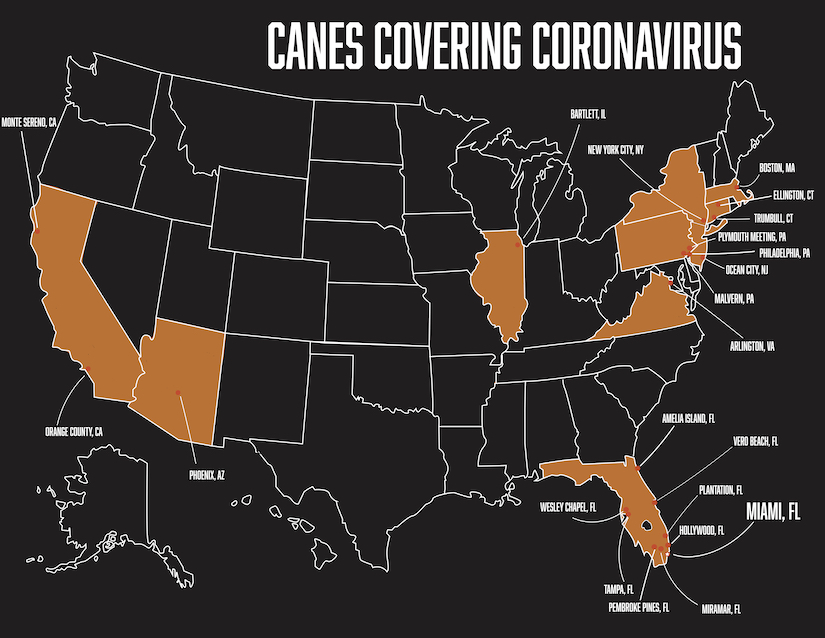Victoria Kline Philadelphia, Pennsylvania 9 a.m. Friday, May 8
Business as we know it will never be the same
I just read yet another alarming pandemic statistic. However, this one has nothing to do with people testing positive for COVID-19.
Gene Barr, the head of Pennsylvania Chamber of Business and Industry, stated that for every 1 percent increase in the unemployment rate, there has been 1 percent increase in suicides and a 3.3 percent increase in drug overdoses. The shutdown of Pennsylvania businesses not only has taken a massive toll on the state’s economy but has proved to be catastrophic for the well-being of Pennsylvania’s residents.
Pennsylvania Gov. Tom Wolf announced that many businesses are on track to slowly start reopening, including online vehicle sales and curbside wine and spirits services. However, there are multiple other fields that are still in search of logical modifications to carry on business under these circumstances.
That being said, I believe it is naïve to think that our economy will go back to exactly how it was before the pandemic. For one, I would not be surprised if many businesses realize that it is not necessary for employees to come into an office and it may be more efficient for people to work from home.
Unfortunately, I think that there are also some businesses that will never recover from this. For instance, many department stores were struggling even before the pandemic. High-end retailer Neiman Marcus recently filed for bankruptcy; others may follow.
The XFL, a far less popular football league than the NFL, filed for Chapter 11 bankruptcy earlier this month. Lesser-known sport associations that rely heavily on tickets and fans are suffering during this time. For example, minor league teams earn practically all of their revenue from tickets, hot dogs and jerseys. They do not have the outside investment and nationwide advertising deals that the major league does.
A full season without revenue is not something that business models plan for. Thus, the XFL may not be the only sport association that crumbles under these circumstances.
Think about how many people work for a department store or a minor league baseball team. And these are only a fraction of the people who are without work right now. While I am thankful that we are taking the precautions to distance ourselves to flatten the curve, the suicide and overdose rates that appear to correlate with the unemployment rate are nothing short of concerning. I am beginning to wonder if the solution will become worse than the problem.
To read more blogs from our correspondents, click an area on the map below:







